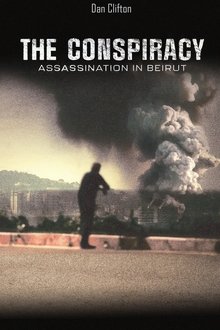We live in a world where the powerful deceive us. We know they lie. They know we know they lie. They do not care. We say we care, but we do nothing, and nothing ever changes. It is normal. Welcome to the post-truth world. How we got to where we are now…
Related Movies
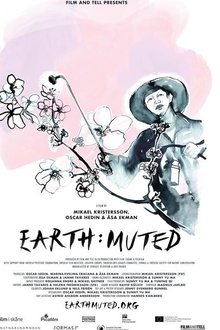
Earth: Muted (2021)
Three farming families in Hanyuan, China, strive to give their children a good life in the midst of an ecological crisis, as widespread use of pesticides leads to a dramatic decline in bees and other pollinating insects in the valley.
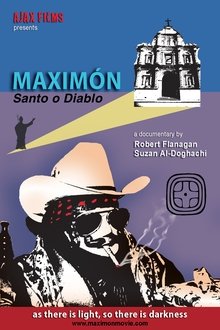
Maximón: Devil or Saint (2014)
MAXIMÓN - Devil or Saint is a documentary about the controversial Maya deity, also known as San Simon or the drinking and smoking saint of Guatemala. He is a mixture of ancient Maya beliefs and Christianity. The movie concentrates on the people who surround Maximón with their strong personalities, opinions and faith. The documentary gives us a rare view into the rituals and fiestas honoring Maximón. The cult of Maximón is flourishing because he performs miracles. He is also feared and despised because he is used to cast curses that can result in death. Ultimately, Maximón transcends the duality of good and evil, reflecting the Maya cosmovision in which everything in the universe co-exists.
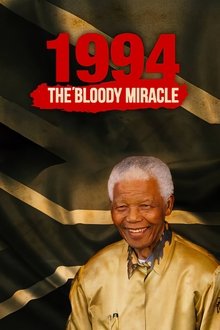
1994: The Bloody Miracle (2014)
As South Africa celebrates its 20th anniversary of the advent of democracy in 1994, it is difficult to believe the ‘Mandela miracle’ nearly didn’t happen. In an orgy of countrywide violence, some were intent on derailing the first free elections. Now, for the first time, those responsible for countless deaths and widespread mayhem explain how they nearly brought South Africa to its knees. 1994: The Bloody Miracle is a chilling look at what these hard men did to thwart democracy, and at how they have now made an uneasy peace with the ‘Rainbow Nation’ in their own different ways.
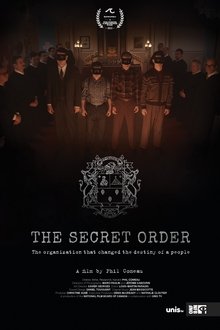
The Secret Order (2022)
Phil Comeau shines a spotlight on the Ordre de Jacques-Cartier, a powerful secret society that operated from 1926 to 1965, infiltrating every sector of Canadian society and forging the fate of French-language communities. Through never-before-heard testimony from former members of the Order, along with historically accurate dramatic reconstructions, this film paints a gripping portrait of the social and political struggles of Canadian francophone-minority communities.
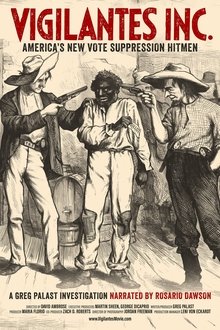
Vigilantes INC. - America's New Vote Suppression Hitmen (2024)
Vigilantes Inc.: America’s New Vote Suppression Hitmen The 2024 election is in danger: 8,500 self-proclaimed vigilante vote-fraud hunters have already challenged the rights of 851,000 voters of color. Investigative reporter Greg Palast (Guardian/Rolling Stone) hunts down the MAGA vigilantes including one dressed like Doc Holliday—with his loaded 6-guns—who blocked the vote of 4,000 Black soldiers including MAJ Gamaliel Turner. Palast and Major Turner confront the vote rustlers in scenes humorous, weird and dangerous.
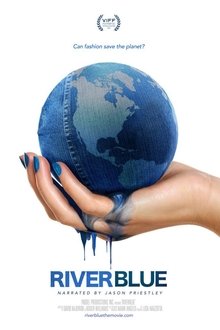
RiverBlue (2017)
RiverBlue chronicles an unprecedented around-the-world river adventure, led by renowned paddler and conservationist, Mark Angelo, who ends up uncovering and documenting the dark side of the global fashion industry.
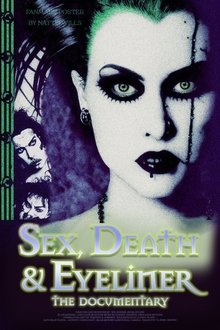
Sex, Death & Eyeliner (1999)
Documentary directed by W.K. Border, that which dives into the aspects of contemporary Gothic subculture, vampirism, and BDSM culture. Filmed in 1997 in California.
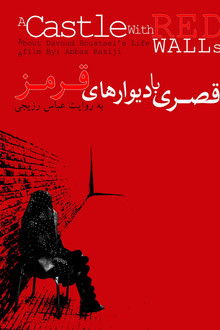
A castle with red walls (2019)
This movie is about an Iranian filmmaker called Davood Roostayi, whose all movies ( more than 100 movies ) have been banned both before and after the Islamic revolution of Iran and none of his movies have been screened.

Tokyo Phoenix (2017)
In 150 years, twice marked by total destruction —a terrible earthquake in 1923 and incendiary bombings in 1945— followed by a spectacular rebirth, Tokyo, the old city of Edo, has become the largest and most futuristic capital in the world in a transformation process fueled by the exceptional resilience of its inhabitants, and nourished by a unique phenomenon of cultural hybridization.
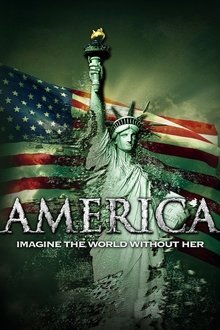
America: Imagine the World Without Her (2014)
A story that questions the shaming of the US through revisionist history, lies and omissions by educational institutions, political organizations, Alinsky, Barack Obama, Hillary Clinton, and other progressives to destroy America.
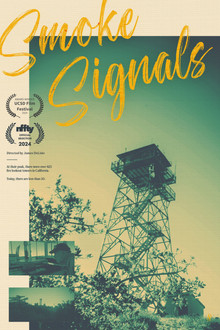
Smoke Signals (2024)
"Smoke Signals" follows the volunteers at High Point Lookout, one of the last remaining fire lookout towers in California. Alternating between the daily duties of the fire lookouts, and a series of profiles on wildfires that have traced their history, "Smoke Signals" questions the role of the fire lookouts in the face of rapidly advancing technology and climate change.
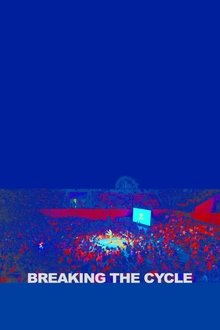
Breaking the Cycle (2024)
A group of young politicians campaigning against an authoritarian constitution speak up, spark hope and ignite a once-in-a-generation movement in this energetic exploration of the recent elections in Thailand.
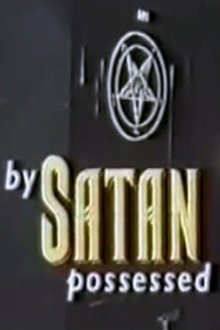
By Satan Possessed: The Search for the Devil (1993)
America Undercover looks at the phenomenon of Satanism in the World. It talks to practitioners of Satan worship and interviews those who claim that they have been victimized by it. It also talks to some of the people who want to stamp Satanism out for good. Same doc as 'In Satan’s Name', but with American narration.
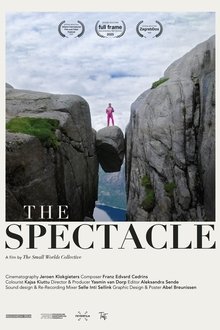
The Spectacle (2025)
The Spectacle is a short reflective documentary that explores the world of modern tourism. Filmed in various locations across Europe, the documentary unveils the transformation of serene landscapes into bustling tourist attractions. What remains truly seen and felt amidst the curated snapshots of our adventures?

9/11 (2002)
An on-the-scene documentary following the events of September 11, 2001 from an insider's view, through the lens of two French filmmakers who simply set out to make a movie about a rookie NYC fireman and ended up filming the tragic event that changed our lives forever.

Koyaanisqatsi (1983)
Takes us to locations all around the US and shows us the heavy toll that modern technology is having on humans and the earth. The visual tone poem contains neither dialogue nor a vocalized narration: its tone is set by the juxtaposition of images and the exceptional music by Philip Glass.
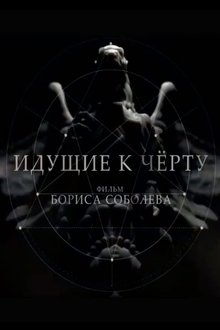
Going to Hell (2019)
A documentary film exposing the truth about psychics and fortune-tellers. All the ins and outs of magical TV shows and services of the most famous psychics with evidence, names and prices.
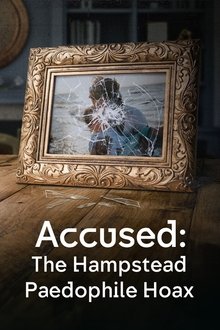
Accused: The Hampstead Paedophile Hoax (2024)
Two children accused parents and teachers of leading a paedophilic satanic cult, supposedly headquartered in secret rooms on the school premises. The story was not true. But once the fire was lit, it was hard to put out. Emily Turner’s film considers the real-world impact of an outrageous online conspiracy theory, exploring the importance of truth and the cost of lies.
